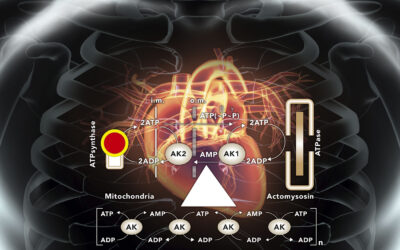Pregnancy and lactation can have significant long-lasting effects on the neurobiological processes in female mammals. These effects sometimes include changes in the brain’s neurochemical sensitivity, its substrates, and hormonal regulation, as well as possible shifts...
RESEARCH FEATURES
Understanding syncope – not for the faint hearted
Syncope, commonly known as fainting, occurs when an individual experiences a temporary loss of consciousness caused by a decrease in blood flow to the brain. Professor Robert Sheldon, working at the University of Calgary, has dedicated much of his career to the...
Development of GABAergic neuron connectivity in health and in disease
The biological processes associated with neurodevelopmental disorders and diseases of the brain are still in part to be ascertained. Drs Graziella Di Cristo and Bidisha Chattopadhyaya, two scientists working at the Sainte-Justine hospital research centre, affiliated...
How statistics could inform breast cancer genetics research
Genes have been found to play an important part in the development of a number of diseases, including cancer. Assistant Professor Audrey Fu, a statistician working at the University of Idaho, has been investigating statistical methods for the causal inference of gene...
Magnetic force for unmet clinical needs: obstructive sleep apnoea, surgical anastomoses, and skeletal deformities
In future, magnetic technology could help to address clinical needs related to a variety of medical conditions. Dr Michael Harrison, working at The University of California in San Francisco, has dedicated much of his career to the invention of new treatments and...
Solving the mysteries of cell bioenergetics and cardiovascular metabolomics
Metabolic processes and signalling are crucially important for the healthy functioning and energy homeostasis of the human body. Dr Petras Dzeja, currently working at Mayo Clinic College of Medicine in Rochester, Minnesota, focuses his studies on cardiovascular...






